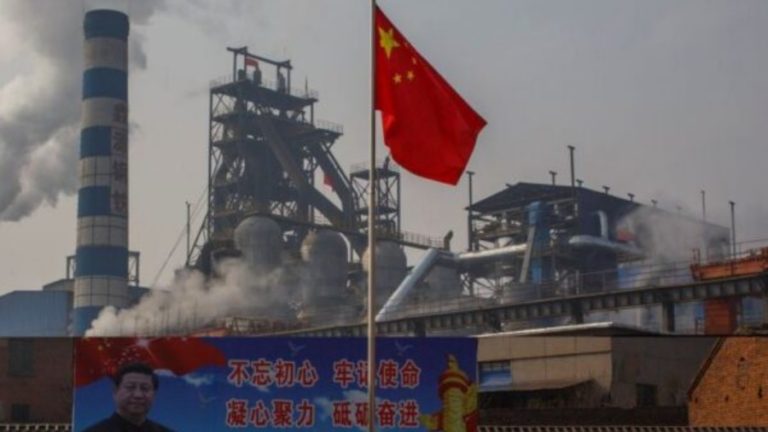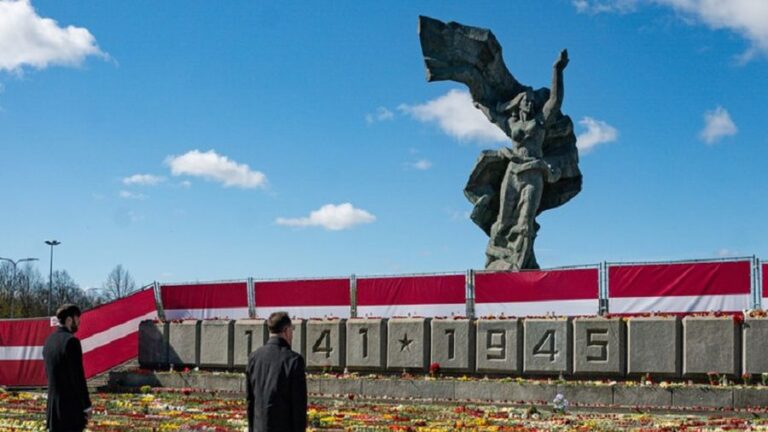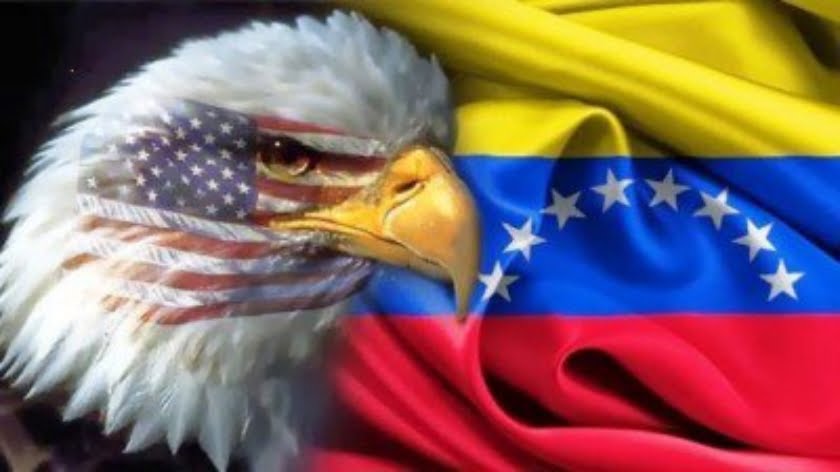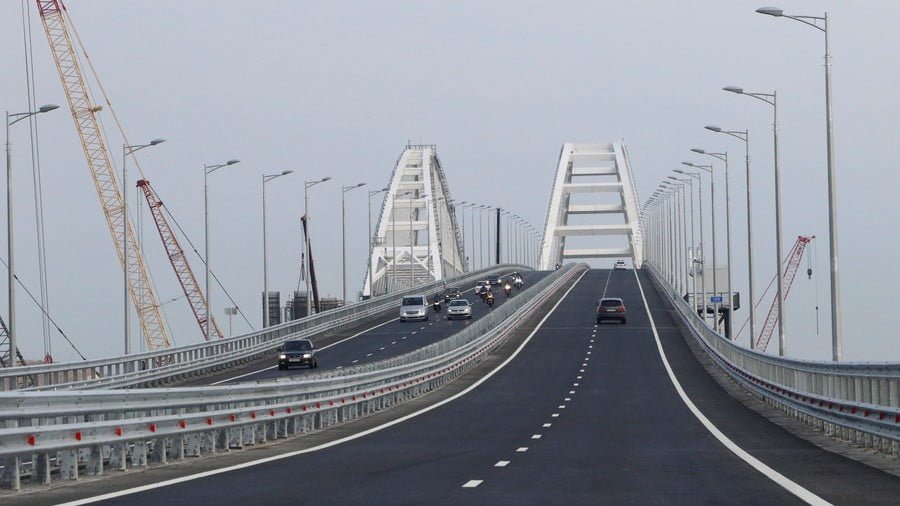De-Recognition of Kosovo: US Tries to Stem the Tide
The international community is accustomed to the so-called “checkbook diplomacy” that has been used by China and Taiwan to pilfer each other’s diplomatic allies by exchanging diplomatic recognition for generous financial assistance packages. However, this same battle for diplomatic recognition and de-recognition is being played out between Serbia and its breakaway province of Kosovo. The United States and much of NATO has not only granted Kosovo diplomatic recognition over the objection of Serbia but has also pressured other countries to recognize Kosovo’s independence. This process has hit a major stumbling block amid charges from various parties that fake diplomatic letters and proclamations are being issued by nations that claim to de-recognize Kosovo. The worlds of international diplomacy and “fake news” have now been joined together.
The Donald Trump administration, which is, by the day, taking on a more neo-conservative hue, with the likes of John Bolton running the National Security Council and Richard Grenell eroding his diplomatic welcome in Berlin as US ambassador, is monetizing diplomatic recognition in a manner that would embarrass the checkbook diplomacy doyens of Beijing and Taipei.
As the Serbian Foreign Minister, Ivica Dacic, makes his diplomatic rounds, convincing foreign ministries around the world to de-recognize Kosovo, the Kosovo Foreign Minister, Behgjet Pacolli, has made nervous calls to world capitals asking them for either clarification or a reversal of their withdrawal of recognition. If that does not work, the authorities in the Kosovo capital of Pristina rely on their NATO “big brothers” – the United States and United Kingdom – to intercede on their behalf. Such diplomatic ping-pong has also affected international recognition of the Sahrawi Arab Democratic Republic – Western Sahara – with its occupying power. Morocco, willing to force nations to de-recognize the independence of the territory it considers to be a province of Morocco. Hypocritically, while Washington and London insist that nations previously committing to recognize Kosovo maintain that policy, they are more than willing to allow Morocco to pressure nations to sever diplomatic ties with Western Sahara’s government, which is a full member of the African Union.
Ironically, while Morocco is trying to convince nations to de-recognize the Sahrawi Republic, it has withheld recognition of Kosovo because it does not want to give credence to the recognition of breakaway states. The difference is that Serbia considers Kosovo to be a rebellious province that unilaterally declared independence in violation of international law, while Western Sahara has never been a legal part of Morocco. Prior to 1975, Western Sahara was a colony of Spain.
Kosovo is not a member of the United Nations or many specialized agencies. Opposition from nations as large as Russia and China and as influential in the European Union as Spain and Greece have kept it out of the UN and organizations like the World Health Organization and the UN Educational, Scientific, and Cultural Organization (UNESCO). Kosovo has managed to win membership in FIFA and the International Olympic Committee (IOC), thanks to heavy lobbying by Washington, London, and Berlin.
In late 2017, Serbia had some initial success in convincing nations to de-recognize Kosovo. Among the first to do so were Suriname and Guinea-Bissau. Early in 2018, Burundi followed suit and it was joined by Liberia. This news resulted in dueling diplomatic communiqués from Belgrade, Pristina, and several world capitals. In June 2018, Liberian Foreign Minister Gbehzohngar Milton Findley announced that his country was pulling its recognition of Kosovo and declared that it recognized Kosovo as the “Serbian province of Kosovo and Metohija.”
From Pristina, Pacolli responded by stating that he spoke to people in the Liberian government that denied it was de-recognizing Kosovo. Borrowing a page from Trump, Pacolli called the announcement in Belgrade “fake news.” But Foreign Minister Findley was not a “fake” foreign minister and he appeared to be speaking on behalf of his government in Monrovia. What happened next is like a scene from a Gilbert and Sullivan comic opera. Pacolli flew to Monrovia from Kosovo and met with President George Weah. A former football player, Weah, according to Kosovo sources, promised a friendly football match between Liberia and Kosovo and promised to open a Liberian embassy in Pristina.
Apparently, Washington and London, which continue to support the problematic government of Kosovo, a nation that harbors several criminal syndicates, applied pressure on Monrovia to reverse its decision on Kosovo recognition. Confusion still reigns supreme about whether Liberia recognizes Kosovo or not. One thing is for certain, no Liberian embassy has been established in Pristina. Regardless of what occurred at the meeting between Pacolli and Weah, by early November 2018, Liberia, as well as Papua New Guinea, Dominica, São Tomé and Príncipe, Grenada, Lesotho, Comoros, and Guinea-Bissau were listed as officially withdrawing recognition of Kosovo. Kosovo also claimed that the micro-state, the Sovereign Military Order of Malta (SMOM), which is headquartered in Rome and carries diplomatic recognition, extended recognition to Kosovo. However, the SMOM denied this.
When Suriname de-recognized Kosovo in 2017, the authorities in Pristina declared, quite erroneously, that “in the international law there is no concept of withdrawing a recognition.” It is not certain what international law to which Kosovo was referring but withdrawing or denying recognition of a nation’s independence is done all the time. Taiwan has seen it occur, as have the People’s Republic of China, the Sahrawi Arab Democratic Republic, Israel, Palestine, Democratic People’s Republic of Korea, Turkish Republic of North Cyprus, Abkhazia, and South Ossetia.
The collapse of certain nation-states also resulted in withdrawal of recognition by other nations. This was the case with the Republic of (South) Vietnam, Republic of South Vietnam (Viet Cong), the German Democratic Republic (East Germany), Biafra, Sultanate of Zanzibar, People’s Republic of Zanzibar and Pemba, Sikkim, Tibet, Khanate of Kalat, Kingdom of Sarawak, People’s Republic of Kampuchea, Democratic Republic of Yemen, People’s Republic of Tannu Tuva, Transkei, Bophuthatswana, Venda, Ciskei, Gazankulu, Rhodesia, the Finnish Democratic Republic, Neutral Moresnet, Free City of Danzig, Free City of Trieste, Tangier International Zone, and Manchukuo.
In the limbo category are recognitions of Kosovo’s independence by the “Republic of China” on Taiwan and two associated states of New Zealand, the Cook Islands and Niue. Kosovo did not reciprocate Taiwan’s recognition because it wants to be eventually recognized by China. Niue and the Cook Islands apparently did not realize they had recognized Kosovo, since the announcement came only from the Pristina authorities.
In addition to the United States and the United Kingdom, Turkey is working to extend recognition to Kosovo by nations that have never recognized the breakaway province or have de-recognized it.
The diplomatic battle between Serbia and Kosovo continues to be waged around the world. In May 2018, Kosovo was alarmed by an announcement in Belgrade by the speaker of the parliament of Ghana, Aaron Mike Oquaye, that he would recommend to Ghana’s president and foreign minister that Ghana de-recognize Kosovo. Oquaye spoke fondly of historical ties between Ghana and the former Yugoslavia fostered by the close cooperation between Yugoslav President Josip Tito and Ghana’s first president, Kwame Nkrumah, in the Non-Aligned Movement. Serbia alleges that Kosovo falsely claims that less than a dozen nations recognize Pristina. Belgrade claims that Kosovo merely makes up diplomatic ties with other nations.
Welcome to the post-factual world where not only “fake news” but “fake diplomatic relations” are the new protocol.
By Wayne Madsen
Source: Strategic Culture







